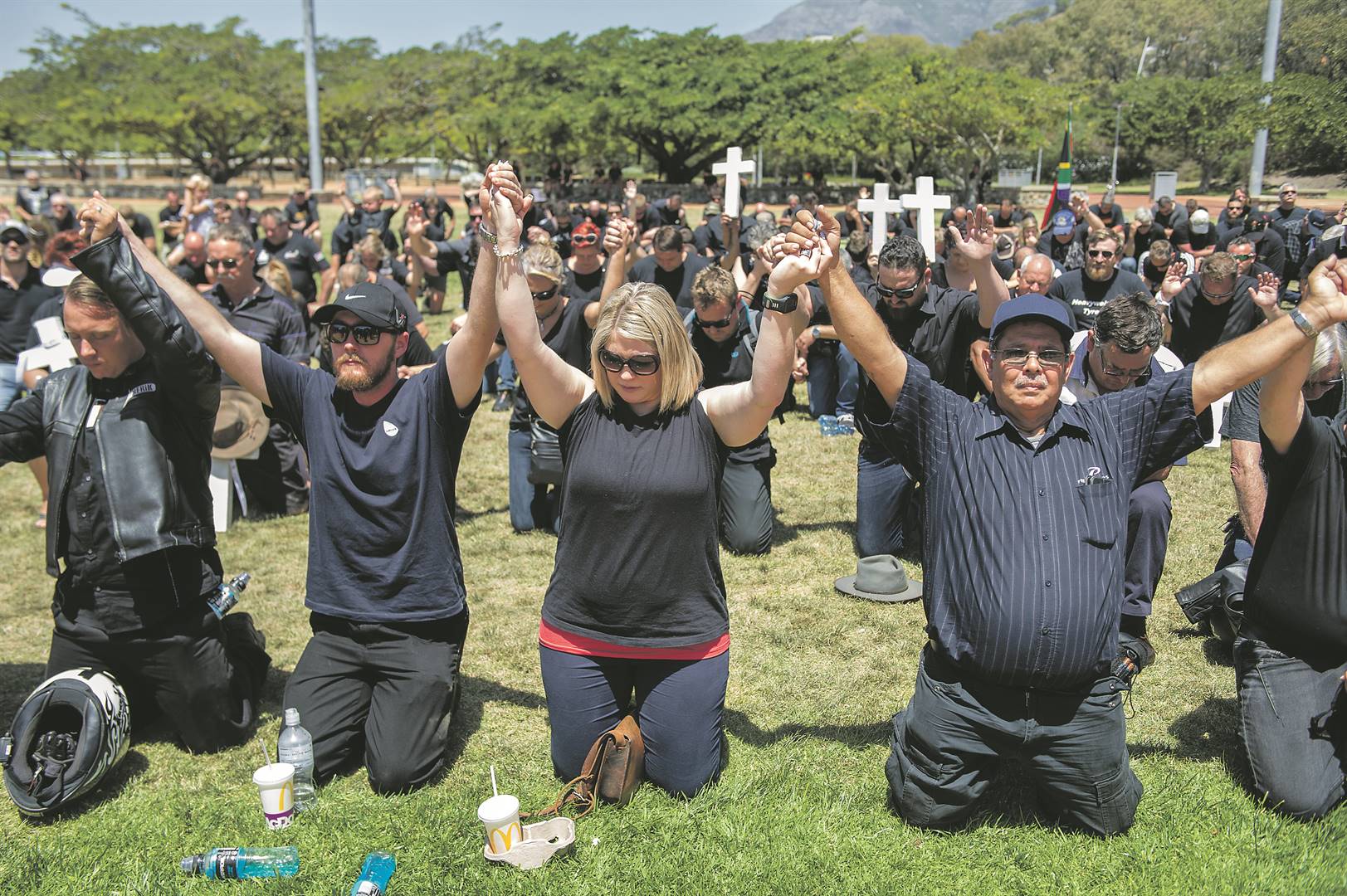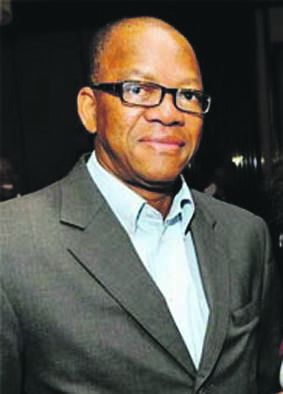
Banning mere symbols that are perceived to be a threat to our thriving democracy gives those symbols and the few people who want to display them more power, writes Letepe Maisela
This past Wednesday, Judge Phineas Mojapelo declared in his judgment that flying the old South African flag of the erstwhile apartheid era was hate speech.
While there were wild celebrations in most sectors of activist South Africa, I don’t think it’s such a big deal.
The flag, in my opinion, is simply a rag and only a certain brand of humanity transforms it into a symbol of worship or abhorrence.
I don’t believe in the banning or outlawing of mere symbols, no matter how annoying or offensive, as this is not in keeping with the broad principles of democracy, which is a highly magnanimous and accommodating system, embodying elements such as freedom of speech and expression.
How far is our current political state and judiciary prepared to go to obliterate all the remaining symbols of apartheid, and why should those symbols be perceived as a threat in our thriving democracy?
While uneven comparisons are made with the old confederate flag in the US, which is largely seen as a symbol of opposition to civil rights by African-Americans, the reality is that, unlike in the US, where African-Americans remain a marginalised minority, the African majority is in power in South Africa.
African-Americans have a reason to be concerned when the confederate flag is flown because this act supports the sentiments espoused by President Donald Trump, whose racist tweets and utterings are encouraging racists to act on their prejudices.
However, down here in Mzansi, the African majority government need not lose any sleep over the racist rants of a minority group like AfriForum.
This is simply because Africans are in power and – when in that position – one would expect rumblings from some sectors.
Yet another unfortunate comparison is made between the old apartheid flag and the swastika.
Though it came to be known as a Nazi symbol and an emblem of Aryan identity and anti-Semitism, it was never featured as Germany’s flag.
Although its public display is forbidden, it can still be used in education, art, theatre and science.
What I mean is that to compare the old apartheid flag with a swastika has an element of overkill as the apartheid flag was flown at the time by a government that was unfortunately given official recognition by world governments, including Germany.
That was until December 16 1966, when resolution 2202 of the UN declared apartheid a “crime against humanity”.
The question of what constitutes an apartheid symbol is a process that needs to be embarked on carefully by the new South African dispensation as we move into the future.
This must not remain the main preserve of legislature and the judiciary, but must involve all sectors in the country, including civil society.
This remains the critical point if the process is not to be seen as witch-hunt of minorities by the majority government.
Looking around our country, there are many symbols that could be defined as belonging to the apartheid era, including buildings such as our parliamentary precinct in Cape Town, the Union Buildings and the Voortrekker Monument in Pretoria, the 1820 Settlers National Monument in Makhanda (formerly Grahamstown), and various statues of colonial and apartheid leaders.
In my opinion, the elephant in the room is Die Stem, the apartheid-era national anthem that was given a reprieve and included in the current national anthem.
For anyone to suggest that all those symbols mentioned above be destroyed is nothing short of madness.
In reality, they have all been inherited by the African majority government and must be included in government’s inventory.
Back to my assertion that the waving of an apartheid flag should not cause those in power to have sleepless nights.
All over the world, governments, when faced with dissent from minority right wing elements, do not run to courts unless those elements turn violent.
This is simply because those governments believe that they are really in power, unlike ours, which seems to have not awaken to this reality.
There are a lot of issues to sort out in this country, mainly its economic sluggishness, rather than allow ourselves to be distracted by some elements simply waving a flag.
When we form a majority part of a government in power as Africans, we need not be intimidated by a minority group that is simply trying to assert itself after losing political and social power.
Exhibiting intolerance of their actions and overreacting with legal kragdigheid – like the apartheid government did with all forms of political dissent – actually gives them a moral victory.
To me, the waving of the old apartheid flag by bodies such as AfriForum and its supporters should simply be seen as them giving the governing party the middle finger.
While that is offensive and defiant, it does not necessitate the banning of the middle finger.
Those who govern must maintain the moral high ground and strive to preserve it.
Our judiciary, which forms part of the world’s mostly practiced Roman Dutch legal system, needs to also note and follow precedents set by other countries’ high courts in their adjudication of our local cases.
In this regard, I would have thought that our courts would be familiar with the similar US Supreme Court ruling in the Texas State v Johnson case in 1989, in which the accused was convicted of burning an American flag and appealed the conviction.
The Supreme Court saw it differently, concluding that the burning of the flag did not constitute a crime. Actually, the Supreme Court put it even more succinctly by declaring that, under the US Constitution’s first amendment, which covers freedom of speech, “the right to burn the flag is more important than the flag itself”.
This resonates with my earlier assertion that a flag is nothing but a piece of cloth.
As a country, we should not allow our government to act like a nanny state and smother its citizens in overprotective measures to the extent that it is interfering with personal choices that should be left to individuals and communities to decide on themselves under a truly democratic dispensation.
To me the judgment represents an empty and pyrrhic victory which inadvertently endorses white superiority while perpetuating African victim mentality.
Maisela is a management consultant and published author
TALK TO US
Should those who identify with the old flag be allowed to display it, or is this nostalgia for apartheid rule?
SMS us on 35697 using the keyword FLAG and tell us what you think. Please include your name and province. SMSes cost R1.50




 Publications
Publications
 Partners
Partners









